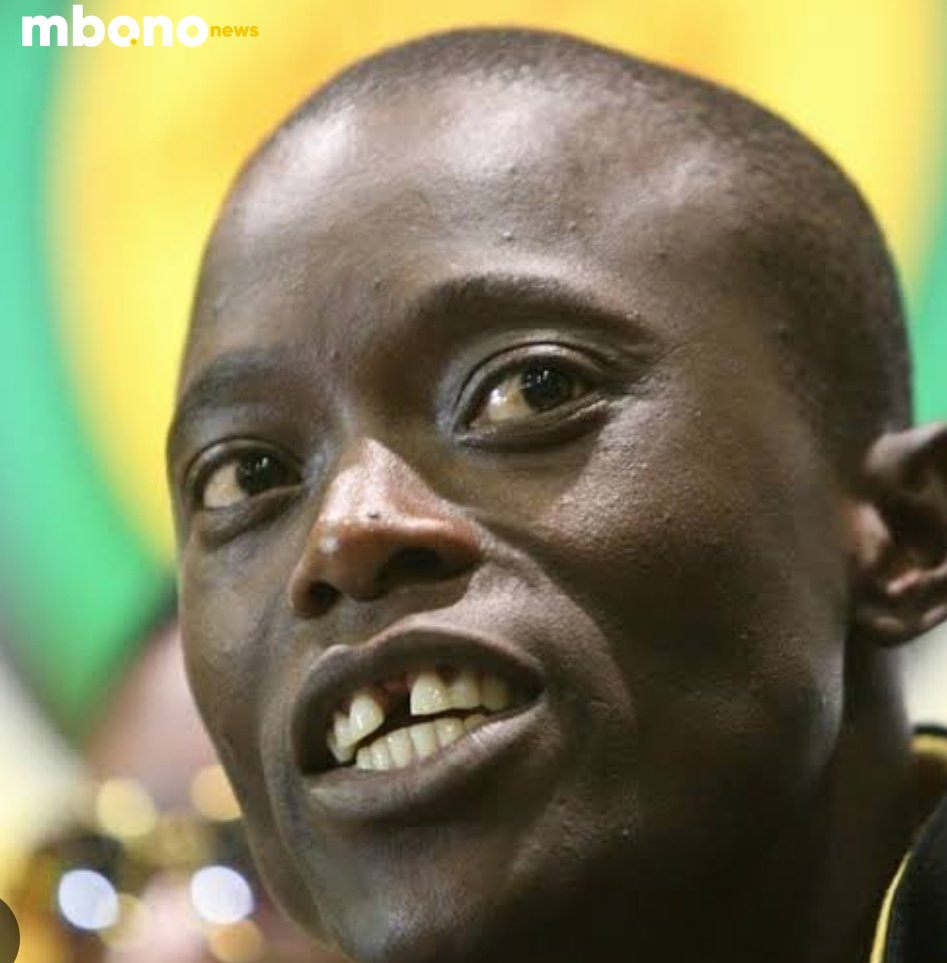In a major development in South Africa’s fight against political violence, Sibusiso Ncengwa has pleaded guilty to the 2017 murder of Sindiso Magaqa, the former ANC Youth League secretary-general. The plea, confirmed by the National Prosecuting Authority (NPA) in KwaZulu-Natal, marks a rare breakthrough in a case that has been shrouded in political interference, gang violence, and corruption.
Magaqa, who was a councillor in the Umzimkhulu Municipality under the Harry Gwala Municipality, was tragically gunned down in July 2017 alongside colleagues Jabulile Msiya and Nontsikelelo Mafa—the latter surviving the attack. The murder has been at the center of investigations into a disturbing network of organized crime and political killings in the province.
Ncengwa, who is already serving a 95-year prison sentence for his role in a cash-in-transit heist linked to the same criminal group, has implicated several notable figures in his confession. These include the late Mluleki Ndobe, a former ANC regional chairperson, and several current and former municipal officials from Umzimkhulu and eThekwini. Ncengwa’s testimony further complicates the legacy of Ndobe, who was arrested in 2019 but died in 2020 before facing trial.
The Moerane Commission, established to investigate political killings in KwaZulu-Natal, identified over 50 political murders since 2011, with the Harry Gwala region emerging as a key hotspot. Magaqa’s death was one of the most high-profile cases in this troubling trend.
Ncengwa’s confession not only provides key insights into the political intrigue behind the murder but also corroborates earlier evidence linking the crime to a notorious gang, including Jabulani Mdunge, the alleged triggerman, who was killed in a police shootout.
While the guilty plea represents a rare victory in a region where political violence has plagued the justice system, it also raises important questions about the extent of corruption and criminality within the ranks of local government and political elites. The case remains a stark reminder of the deep ties between violence, political power, and criminal syndicates in KwaZulu-Natal.
